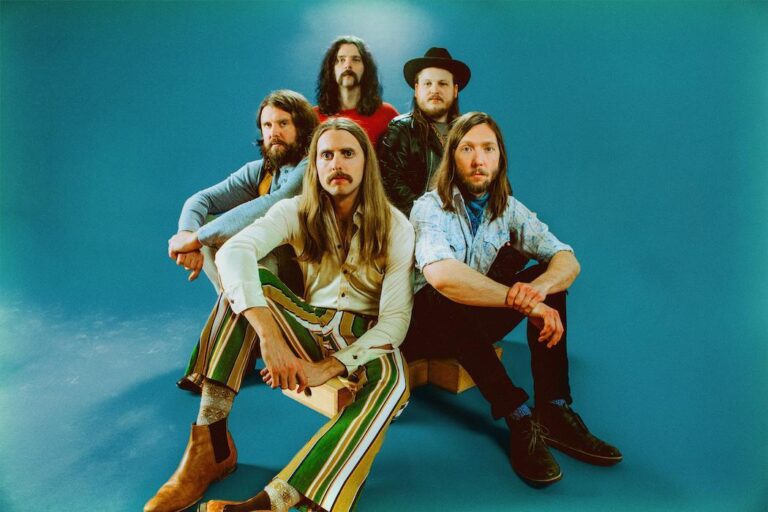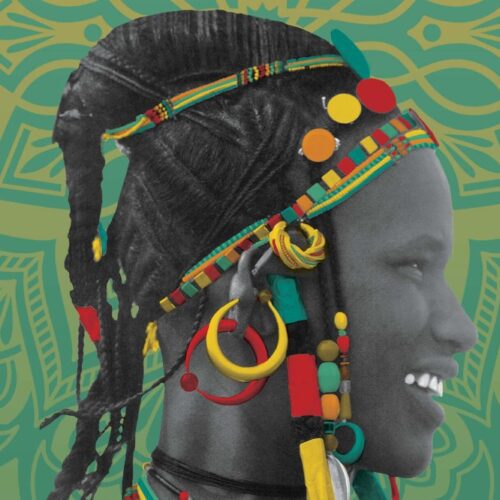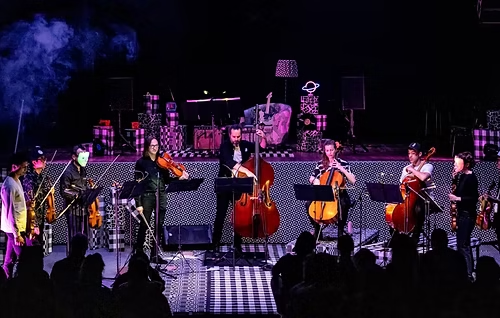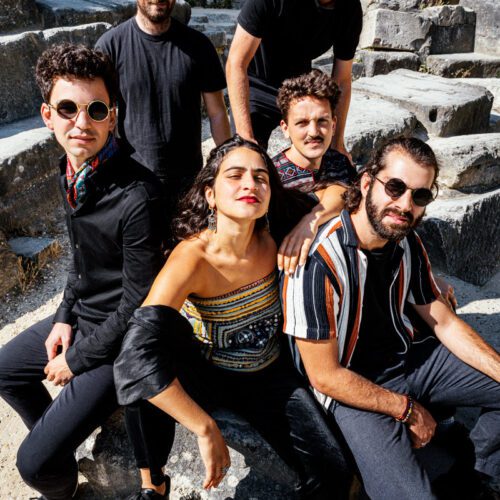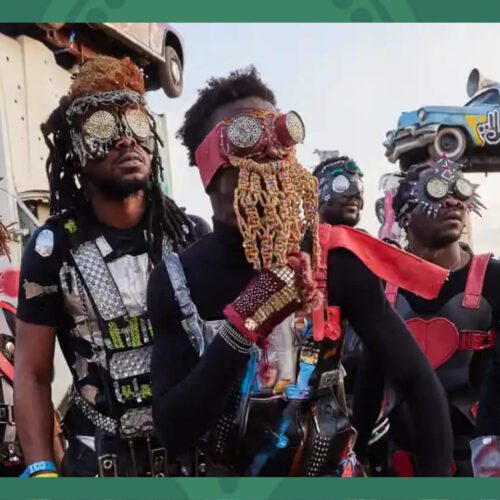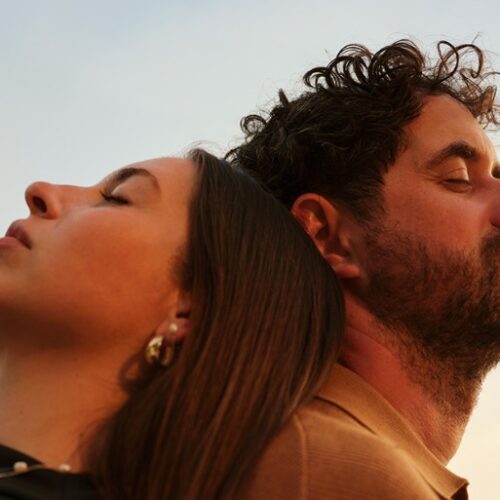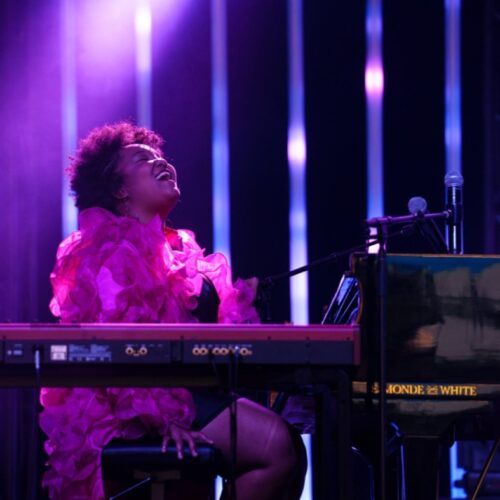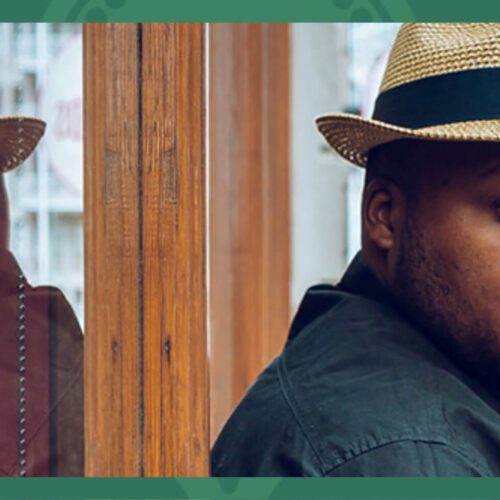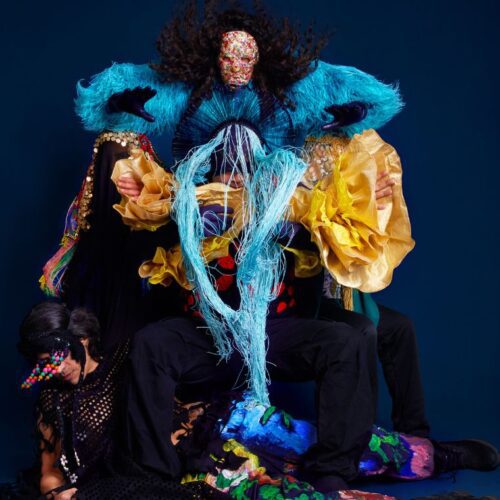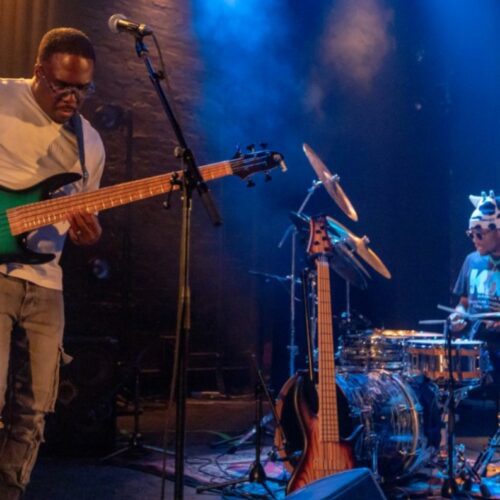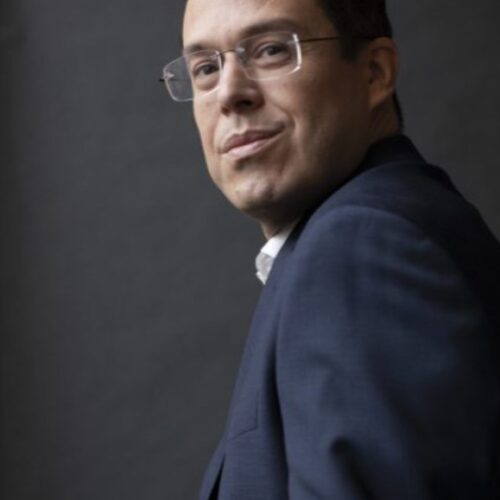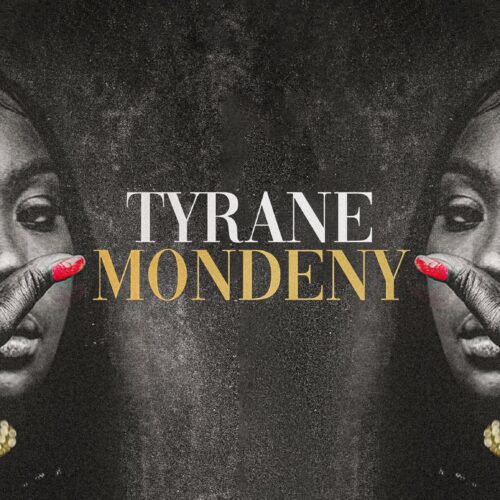Additional Information
As one of Canada’s most beloved acts, Saskatoon’s four-time Juno award-winning rock ‘n’ roll five-piece The Sheepdogs, are headed back out on the road following the release of their latest LP, Outta Sight.
The album is a return to form for The Sheepdogs, who have enjoyed widespread international success over their 18-year history as a band. The multi-platinum group has delivered a highly-focused, concise, and well-crafted album with Outta Sight that is downright quintessential for fans of the neo-classic rock genre.
Bandmates Ewan Currie, Ryan Gullen, Sam Corbett, and Shamus Currie are also joined by Gatineau-born guitarist Ricky Paquette for this tour, who will be supporting them throughout the coming months as they do shows across Canada and overseas.
We spoke with the bassist and founding member of The Sheepdogs, Ryan Gullen, just a day before their first performance in Sherbrooke, QC, before they play Montreal’s MTelus on September 22.
PAN M 360: You’re finally back, with Outta Sight signifying your return to your default state as a touring rock ‘n’ roll band. After a few months on the road, how does it feel to be back at it?
Ryan Gullen: It feels good. Post-pandemic touring has its unique challenges, but we’ve done a tour of the UK, Europe, and some stuff in Canada. It just feels really great. So much of what we were doing was just waiting for it all to come back, so it feels really good. A huge part of what we’ve always done is playing live. That’s how we make income, how we promote ourselves—it’s literally what our job is. To have that not be a part of our anatomy as a group for quite a while there was a tough thing. It’s amazing to be back and to put out music, play it for people, and have that shared experience that I think we’ve all been longing for this past while.
PAN M 360: Would you say the vibe of your shows feels any different than it would prior to the pandemic?
RG: It’s tough to say, it’s been so long. We definitely did shows during the pandemic, we were arguably one of the busier Canadian bands doing different unique shows. We played on a hotel rooftop to people on their balconies, we played drive-in shows.
But I think the biggest thing is getting back to playing in a room to a bunch of people on top of each other and the excitement that comes from that. People are just really happy to be back. Back in November of last year, we were one of the first shows when Toronto finally reopened for indoor shows. We did four sold-out nights at Lee’s Palace [in Toronto], and we recorded the show and ended up releasing a live record of that. The energy of relief of people being happy to be back to what they were doing was amazing that weekend.
And that continued – when we got back to England we were one of the first shows that people were going to. The excitement is still there, I think it’s a little bit of one of those ‘you don’t know what you’ve got until it’s gone’ situations, in that people are really happy to be back doing things they love, and I think there’s something special about people being in a room together experiencing music together.
PAN M 360: How has it been touring with Ricky Paquette?
RG: It’s been great, we’ve done one show with him so far, and rehearsals and stuff. He’s a guy we were familiar with over the years, and a guy we respected as a guitar player, so when we needed to fill this position on the tour it was kind of a no-brainer.
He’s such a monster of a player, but he’s also such a nice guy and has such great energy. We don’t know him very well personally but having spent time together and having jammed and played a show together it’s been amazing. It really brought a lot of life and positive energy into what was kind of a tricky situation.
We try to not make every show the same. We think it’s important not to just go up and go through the motions every single night. And Ricky’s such a great player and has a new vibe to add to things to make them fresh and exciting. It’s also gonna be fun to learn about somebody on the bus but also onstage too. It’s cool to experience that.
PAN M 360: On the note of the album, it’s being pointed to as one of your most focused, refined projects yet. What were the band’s overall impressions of it once the recording was wrapped up?
RG: The funny thing is the process of the record was probably the most unique we’ve ever done. Pretty much every record we’ve ever done we’ve set out in some way or another to make a record. Changing Colours was sort of unique in that we went into the studio, tried things, and messed around, and six months went by and we had a record. But it was fairly focused during the time we were working on it.
With this one, it was different because we didn’t necessarily sit down and say ‘we have these 12 songs.’ Basically, it was ‘we don’t know when we’re gonna be able to go back and do what we do,’ and generally feeling pretty down about not having any certainty. Even when this record was coming out we had to postpone a tour in Europe in February and March. It was sort of this constant repetitive situation, so we thought, let’s do what we normally used to do: get in a room and make music and record it.
We’d just sit in a circle and jam something, and then when it was feeling really good we’d hit record. We’d play together and finish that song over the next day or so. It made for something that was both a surprise, but also concise, in a sense that it was all made the same way even though it was over many months of getting together when we could.
As a result, it is very focused in the sense that it’s back a little bit back to the earlier days of our band when there wasn’t a lot of hubbub going on. It was a bit more of a workman’s attitude where we’d get up and set aside days to get up in the morning and work on music together and see what came out of it. That was probably part of the reason why it feels so focused. We also didn’t want to get super crazy, we wanted to make a straight-ahead rock ‘n’ roll record. Once it started taking shape we recognized that.
There weren’t people from the label coming around. It wasn’t like ‘let’s try to wrap up here because I’m going out for dinner …’ you couldn’t go to dinner. It was this funny thing. And then we made the EP in Montreal, we were there in full-on lockdown. We were staying in a hotel and we literally were the only people in the hotel, including the hotel staff! It was like The Shining. It was just the five of us in our own rooms in this big hotel in downtown Montreal. You couldn’t go out for dinner anywhere, we’d just sit and drink beers and hang out. It was the same thing as this, there was nothing else we could be doing, so it was a nice way to work with no distractions.
A lot of the subject matter or vibe of these songs is us looking forward to what was hopefully coming after the pandemic ended. The energy is us looking to the future, and as a result, it has a specific vibe that was the soundtrack to the future of things. It was very concise and focused because we were just doing that as much as we could to hold us over and keep us sane during one of the most uncertain times for the world, and for us as a band.
PAN M 360: In the past, you guys have talked about the music that’s influenced your work, like The Beatles, CCR, Led Zeppelin. Were there any new influences on Outta Sight that weren’t present in your other projects?
RG: One of the influences that Ewan has been really into that’s shining through on the record is J.J. Cale. He’s Ewan’s number one listened-to artist on Spotify for the past couple of years. We have a song that has a drum machine that is literally the same setup as J.J. Cale, so that’s an influence that wasn’t there as much during Changing Colours. And I think a lot of it is trying to not do the same thing over and over again, but also not suddenly coming out with, like, an EDM record. We’re basically trying to look at what we’ve done, and trying to not make it again and lean on it, but at the same time, not reinvent the wheel.
Some songs lean more towards the later 70s. “I Wanna Know You” is the first song we ever used a synthesizer on, which is leaning more on like Boston or Loverboy, that was a bit different. We weren’t all, like, crushing Loverboy, but it was one of those things we were all interested in exploring more.
PAN M 360: Let’s talk about bass for a second. What was your inspiration to pick up the bass in the first place?
RG: It was the band. Ewan, Sam, and I started it as three guys getting together to jam. Ewan had just bought a guitar and Sam was interested in playing the drums, and I kind of just wanted to learn how to play the bass. We literally all started playing our instruments together, which almost sounds too good to be true but is 100% the truth.
In the music I was exposed to growing up in the late ‘90s and early 2000s, the bass was a lot of holding down root notes with a pick. But when I started listening and paying attention to the bass, I could see players use the bass as an interplay between drums and guitar. I see it as kind of the glue that holds everything together because it’s a rhythmic instrument but you’re also playing notes.
PAN M 360: Did you find it tough to stay in practice during the major lockdowns at the beginning?
RG: Oh yeah. I basically didn’t play an instrument forever. It was sort of a weird thing because some people took on a lot, but others did the opposite. I didn’t think it would last that long, so I didn’t think to keep my chops up.
As time went on I became interested in experimenting with other instruments. I played a lot of pedal steel, but no, I didn’t spend a lot of time playing until we finally got back together. It wasn’t something I did a lot of. It felt like ‘we’re gonna take a little break, take a couple of long weekends, and move on.’ I just chilled my brain for, basically, the first time in my adult life.
PAN M 360: Did you pick up any new hobbies or pastimes during the lockdowns?
RG: I took to cooking a lot more for me and my girlfriend, and that was fun for the first while. I played video games which is something I don’t do too much, I played a lot of Red Dead Redemption. I tried to learn pedal steel, that’s a real bastard of an instrument to try and learn. I messed around a bit but not in any sort of real capacity. I mostly just took advantage of having downtime.
As an artist and musician, you’re forever in a state of thinking super far ahead, and also in a state of F.O.M.O. I’m not thinking about the tour starting tomorrow, I’m thinking about the next tour or the next record.
PAN M 360: What’s next for The Sheepdogs after this tour (and presumably, a solid rest)?
RG: It’s always tough to say, you’re catching me on day zero, and these dates go until the end of January. There are obviously things we’ve started having conversations about – everything gets planned very far in advance. We always want to be making music and we definitely want to challenge ourselves to increase the frequency that we put out music.
Will we have a new record off the top of next year? No. But the plan is to go on tour, continue moving forward, chase different opportunities, and always be trying.
Once we do take a bit of rest after this long, busy time, we’re gonna take the time to do new music, enjoy the tour, be in the moment, and figure it out once the dust settles – without waiting too long. We’ve been a band for 18 years, and things have changed, but we’ve never really strayed from the formula of it all: friends getting together and making music.
The Sheepdogs play w/ Boy Golden at MTelus on September 22. Tickets Here!
